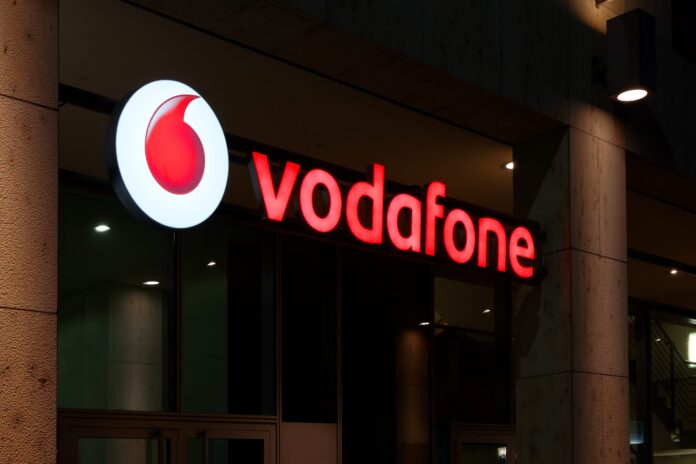Vodafone explained that 6GHz equipment was installed on an existing 5G site in Madrid covering the carrier’s campus and the surrounding area
U.K. telecom operator Vodafone announced it has successfully tested future mobile spectrum in the upper 6 GHz frequency band in Spain.
In a release, the telco highlighted that enabling this band for mobile use will ensure consumers and businesses receive even faster and more reliable 5G services over the next five to 10 years.
Using a smartphone tuned to the anticipated amount of 6 GHz spectrum band that will be made available in European countries, Vodafone engineers in Spain achieved download speeds of up to 5 Gbps and on average 2 Gbps across various indoor locations.
The telco explained that 6 GHz equipment was installed on an existing 5G site in Madrid covering Vodafone’s campus and the surrounding area, including several indoor locations. Massive MIMO antenna technology was used in this test. Also, a 200-megahertz channel, which is the anticipated amount of spectrum that would be made available per mobile operator in each European country, was used, which is approximately double the bandwidth used for 5G services today, enabling higher speeds and capacity for evolved 5G networks.
Indoor coverage was assessed across a range of different types of buildings and at various distances from the antenna. In relatively modern glass fronted offices indoor speeds of around 2 Gbps were measured, while in other public buildings as far away as 550 meters, speeds of around 0.5 Gbps were recorded. Vodafone engineers also looked at outdoor locations completely shadowed by buildings, which is important in urban areas where users are usually not in direct sight of antennas. In this scenario, a range of similar speeds were achieved, demonstrating that 6 GHz can both penetrate building façades and pass through them, Vodafone said.
Vodafone noted it is presenting its findings ahead of a meeting of national regulators and industry members next month at the World Radiocommunication Conference (WRC-23) in Dubai which will decide the future use of this spectrum resource. Vodafone and other mobile network operators are calling for the upper 6 GHz spectrum band to be allocated to International Mobile Telecommunications (IMT). This will promote the harmonization of 5G services across different geographical regions and balance out the allocation of the lower section of the band already allocated to Wi-Fi services, the telco said.
Alberto Ripepi, Vodafone chief network officer said: “Without a fair and balanced allocation of 6GHz spectrum, mobile users worldwide could face a major capacity crunch within just five years. Additional 5G spectrum would boost the digital transformation of businesses and public sector organizations and support the European Commission’s ambition to have fast connectivity within reach of all populated areas by 2030.”

